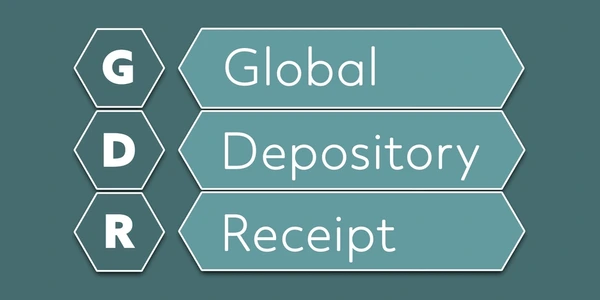Imagine being an ambitious New York investor looking to invest in new markets and diversify their profile. Now she hears about a promising technological company in India making changes with its innovation. She decides to buy shares from this company, but it isn’t as easy as buying shares from the local markets since different countries have different regulations, currencies, and stock market availability. This investor then learns about Global Depository Receipts (GDRs), a negotiable financial instrument that helps investors invest in foreign companies without dealing with the intricacies of international stock markets. The GDRs are issued by depository banks, where these banks help in facilitating investments in the securities market and store them in electronic form. A GDR is like a document of proof that ensures your purchasing of shares from a foreign company. Global Depository Receipts can be denominated by any currency, but popularly, they are denominated by US dollars or euros. The number of shares represented by a GDR solely depends upon the company since the number of shares can differ from one GDR to another. During the 1992 Securities Scam, The Indian Government wanted companies to raise funds from International markets. Reliance Industries took advantage of this and became the first Indian company ever to make an international share offering. Reliance Industries raised $150 million to expand its market through GDR, which was listed on the New York Stock Exchange. GDRs are traded like regular shares and can easily be transferred between shareholders.
Global Depository Receipts have their own set of advantages and disadvantages. On the positive side, GDRs permit access to international capital, improving liquidity and enhancing exposure to the world. This makes GDR a strategic choice for companies that aim to expand their market globally. Investors benefit from GDR by accessing foreign markets and having a diversified portfolio. The drawbacks of the GDR include compliance costs and the fact that it is prone to currency fluctuations that can impact returns. In contrast, GDR paves the way for international investment and integration of markets; investors and companies should weigh the benefits against the complexities and risks involved.
AUTHOR:
Saraswathy Thogainathan, 5th year BBA. LL.B (Hons.), Saveetha School of Law, Chennai


